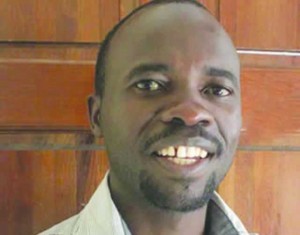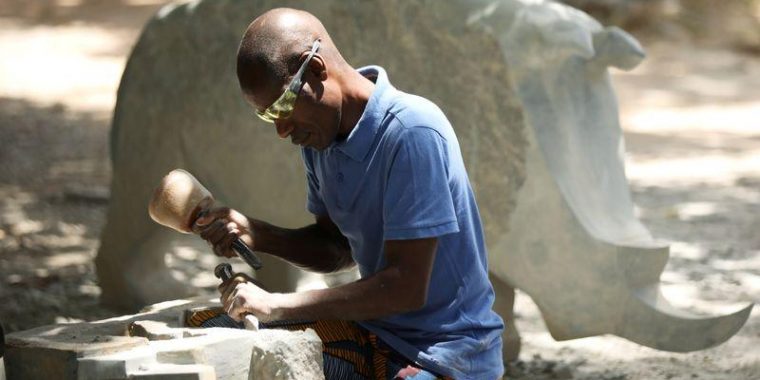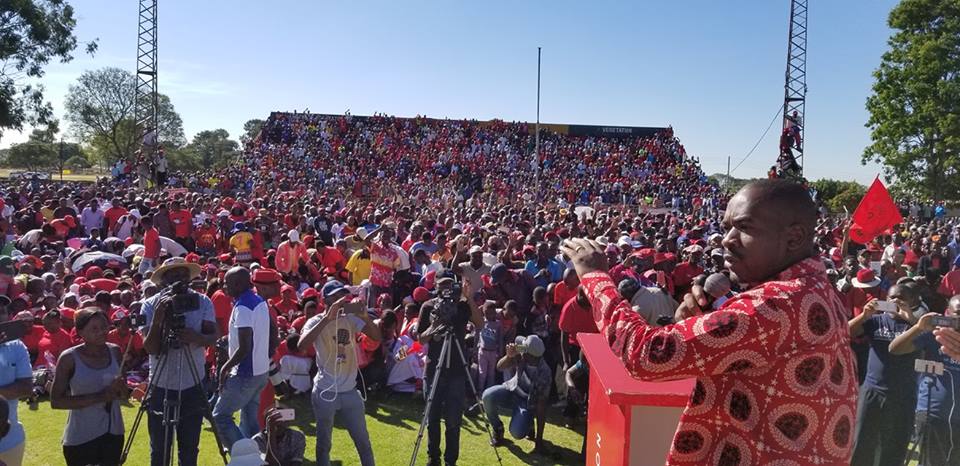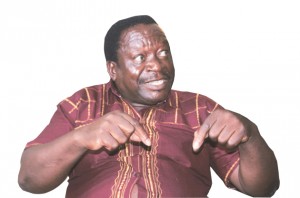
You’re asked to select the key documents to help a partner prepare for a deposition. You have a messenger roll a cart with a dozen boxes of hot documents into the partner’s office the night before the deposition. You think: “I’m a fine associate. I reviewed those documents and delivered them to the partner before the deposition!”
The partner is thinking: “Why did we hire this damn fool? What am I supposed to do with 12 boxes of documents delivered at 7 p.m. when I’m taking a deposition at 9 tomorrow morning! Didn’t this idiot consider that I might have to read and think about the documents before I started asking questions about them?”
Don’t be a damn fool.
You’re asked to deliver a draft brief to a client. You send the brief to the client a half hour before the brief is due to be filed. You think: “I’m a fine lawyer. I delivered the draft brief to the client so the client could review the draft before it was filed.”
The client is thinking: “Why did we retain this damn fool? I’m in back-to-back meetings. I’ve got six other draft briefs to review. And this clown gave me 30 minutes to review a draft brief? He might as well not have sent me the draft at all! Didn’t this idiot think about my schedule?”
Don’t be a damn fool.
You’re asked to research a topic. You swing by the partner’s office on a Friday night, before you’re scheduled to leave on vacation the following day: “I didn’t have time to do comprehensive research into the subject, but I did read two cases. The two cases say [describe holdings]. But, as I said, I didn’t have a chance to do comprehensive research. I hope that helps.” And you smile, knowing that you’ve done the promised research, and anticipating your vacation.
The partner is thinking: “Why did we hire this damn fool? I need an answer to a question. I don’t need to hear the holdings of two cases without a guarantee that those holdings actually represent the law! This is worth less than nothing. I asked the associate for research; the associate wasted a week; and the associate didn’t answer the question. I need the answer to the question, and now I have neither the answer nor time to find the answer. I’ll never use this associate again!”
Don’t be a damn fool.
You promise the partner you’ll deliver a draft brief on Wednesday, so the partner can mark it up and send it to the client on Thursday morning. You get jammed up, so you stay late on Wednesday night and deliver the draft brief at 11:59 p.m., just before you go home. You think: “I’m a fine associate. I promised the draft brief on Wednesday, and I stayed late to deliver the draft on Wednesday. That’s a heroic effort; surely I’ll get a great review.”
The partner is thinking: “Why did we hire this damn fool? I asked for the brief on Wednesday so that I would have time on Wednesday to make revisions, and we could deliver the draft to the client on Thursday morning. Instead of getting the draft to me on Wednesday, which is what the associate promised, the associate gave me the draft on Thursday. This gives me no time to review the brief. I either have to send this crappy draft off to the client or give the client too little time to review the draft. Why do we hire these idiots?”
Don’t be a damn fool.
That’s really one of the keys to success in the law: Don’t be a damn fool.
Mark Herrmann spent 17 years as a partner at a leading international law firm and is now deputy general counsel at a large international company. He is the author of The Curmudgeon’s Guide to Practicing Law and Drug and Device Product Liability Litigation Strategy (affiliate links). You can reach him by email at inhouse@abovethelaw.com.





 Jordan Rothman is a partner of
Jordan Rothman is a partner of 










